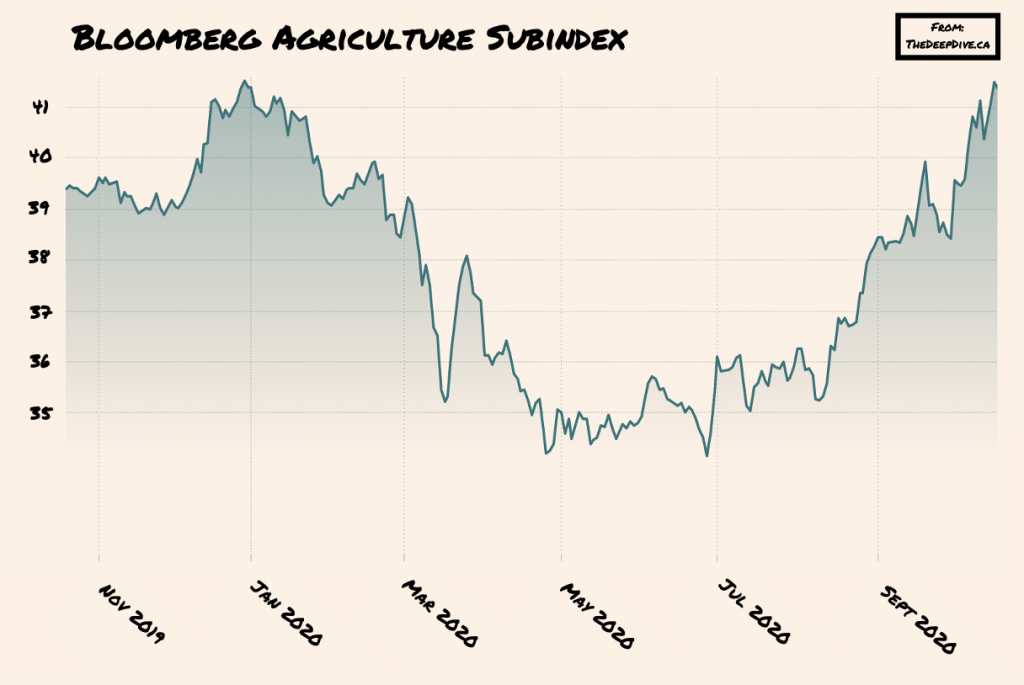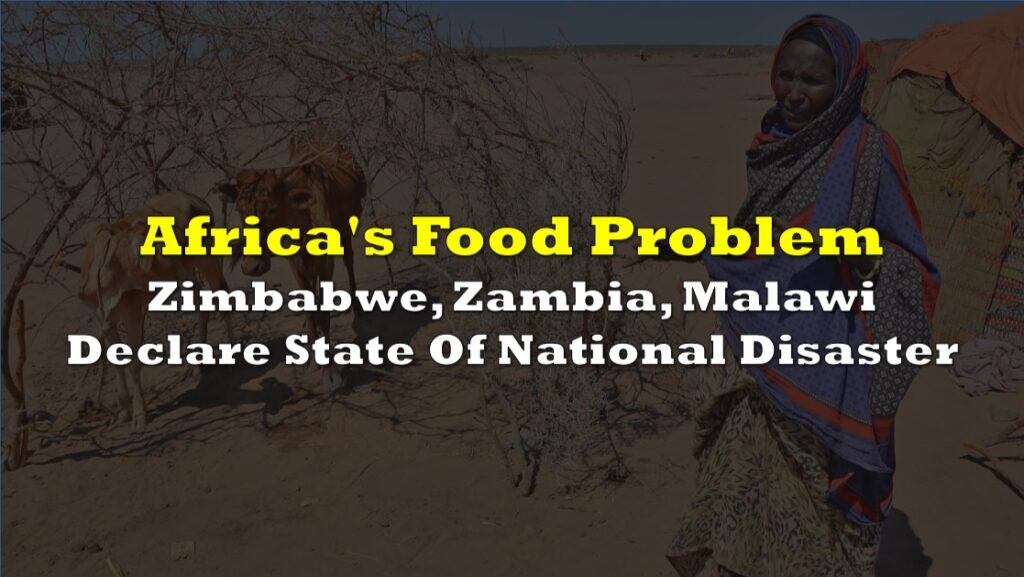When the coronavirus pandemic first began to spread around the globe, a cascade of food hoarding at the consumer level soon ensued, sparking fears of shortages and supply chain disruptions. Although much of that behaviour subsided across developed countries once supplies were replenished and adjusted according to the resulting changes in demand, some countries took the event as a lesson learned as fears of another coronavirus wave mount.
Countries that are heavily dependent on food imports have been growing increasingly anxious about agricultural goods shortages as the number of COVID-19 cases continue to rise at alarming levels. As a result, many of these countries have begun increasing purchases of imports such crops and essential goods. Egypt for example, which is the largest importer of wheat in the world, has boosted its grain purchases by nearly 40% on a year-over-year basis between July and August.
Egypt’s officials noted to Reuters that the country wants to ensure that it has sufficient supplies for at least six months in light of growing pandemic fears. On the contrary however, much of Egypt’s grain supplies come from Russia, which in turn imposed a grain export quota at the beginning of 2020 in order to safeguard its domestic market. As cases continue to rise around the world, especially as the Northern Hemisphere enters the fall and winter seasons, this sort of behaviour among countries will likely become more prominent.
In the meantime, Jordan has also taken notice of potential looming food shortages, and as a result has also boosted its grain purchases. According to a Bloomberg report, Jordan’s wheat reserves have ballooned to a record-breaking 1.35 million tons. Although the amount is enough to last for a year and a half, the country’s government is contemplating increasing food reserves even more as pandemic uncertainties continue to mount.
Earlier in 2020, the United Arab Emirates imported more than 4,500 dairy cows from Uruguay due to similar pandemic fears, noting that it will follow up with more shipments in the near future. According to Bank of America analysts, the coronavirus pandemic has forced many nations and their consumers to deviate from just-in-time inventory stockpiling to a just-in-case stockpiling approach. As a result, more countries are now holding more inventories in the event of future supply interruptions.
However, analysts have also observed that the increase in food imports is also derived from the country’s determination to buy commodities in advance in order to refrain from paying higher prices in the future. In fact, such purchases have already caused prices to increase significantly – especially from China, which has been dealing with severe weather and flooding. As a result, the Bloomberg Agriculture Subindex, which tracks farm goods futures contracts, has surged by approximately 20% since June.

Information for this briefing was found via Reuters and Bloomberg. The author has no securities or affiliations related to this organization. Not a recommendation to buy or sell. Always do additional research and consult a professional before purchasing a security. The author holds no licenses.









